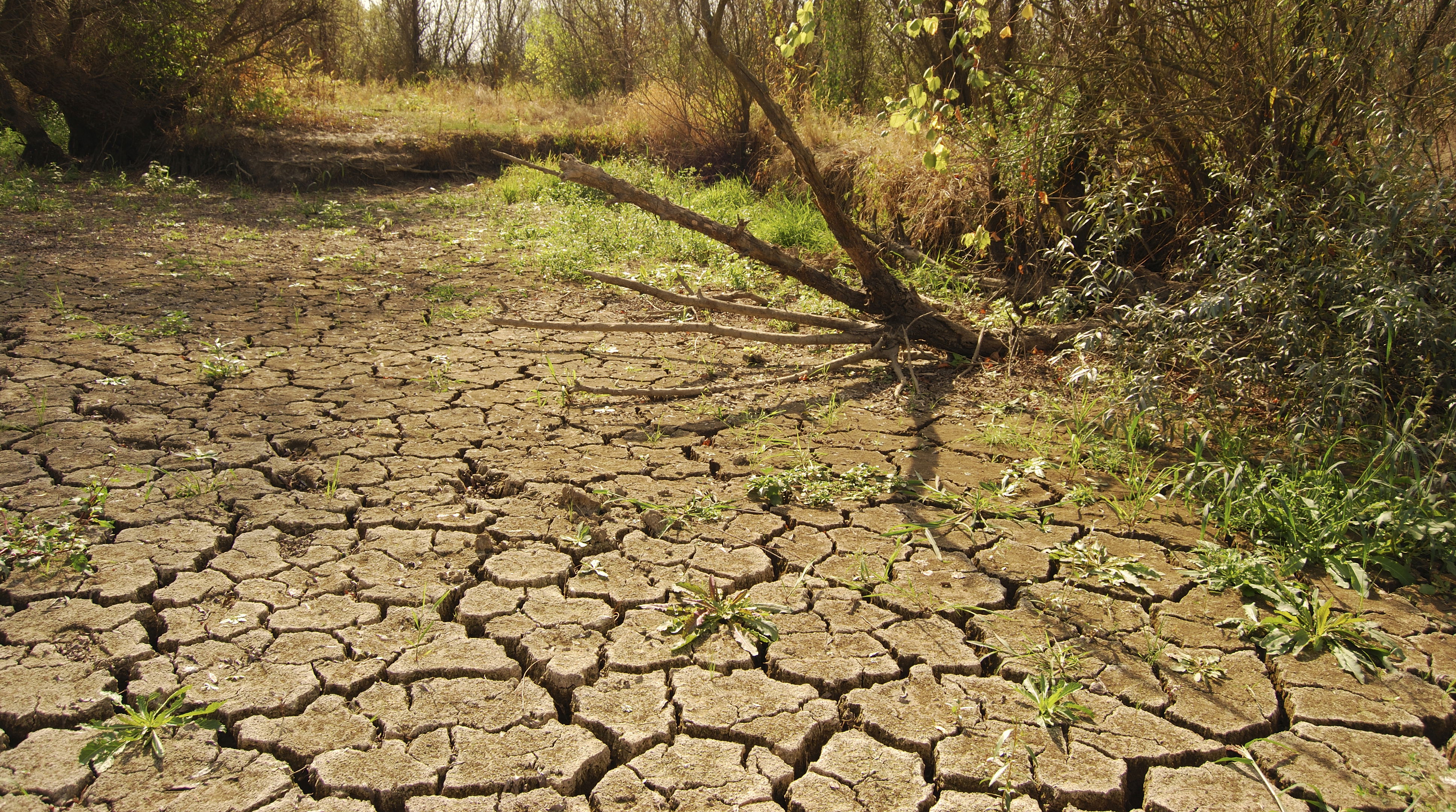By: Ida Asanglisa, YRE National Competition 2024 (19-25 years)
The Upper East region of Ghana has been experiencing the harsh realities of climate change, with rising temperatures, erratic rainfall patterns, and increased frequency of extreme weather events. In addition to the challenges posed by climate change, the region is also grappling with the growing menace of plastic waste. Plastic pollution not only poses a threat to the environment but also impacts human health and livelihoods in the region.

Northern region has high degree of exposure to climate variability and change characterized by increasing temperatures and erratic rainfall. (Image source: Adaptation Fund)
Climate change has led to prolonged droughts and water scarcity in the Upper East region, affecting agricultural productivity and exacerbating food insecurity. The erratic rainfall patterns have disrupted traditional farming practices, making it difficult for farmers to predict planting and harvesting seasons. Moreover, extreme weather events such as floods and storms have caused destruction of property and loss of lives in the region.
On the other hand, plastic waste has become a major environmental issue in the Upper East region, with plastic bags, bottles, and packaging littering the streets, clogging waterways, and contaminating the soil. Improper disposal of plastic waste not only mars the natural beauty of the region but also poses a threat to wildlife and human health. The burning of plastic waste releases toxic fumes into the air, contributing to air pollution and respiratory diseases among residents.
Youth and young girls in the Upper East region can play a crucial role in addressing the twin challenges of climate change and plastic waste through innovative and sustainable solutions. Here are some ways they can contribute:
Youth and young girls can raise awareness about the detrimental effects of climate change and plastic pollution through community outreach programs, workshops, and social media campaigns. By educating their peers and community members, they can promote behavior change towards sustainable practices.
Youth-led waste management initiatives, such as plastic recycling programs and clean-up drives, can help mitigate the impact of plastic waste on the environment. By collecting and recycling plastic waste, they can reduce pollution, conserve resources, and create employment opportunities in the recycling sector.
Youth engagement in climate-smart agriculture practices, such as conservation farming, agroforestry, and water harvesting techniques, can build resilience to climate change impacts. By adopting sustainable agricultural practices, they can enhance food security, conserve natural resources, and reduce greenhouse gas emissions.
Youth and young girls can harness their creativity and entrepreneurial spirit to develop innovative solutions to tackle climate change and plastic pollution. From eco-friendly alternatives to single-use plastics to renewable energy projects, there are endless possibilities for youthful innovation in sustainability.
In conclusion, the Upper East region faces significant challenges from climate change and plastic waste, but the youth and young girls hold the key to sustainable solutions. By empowering and mobilizing them to take action, we can create a more resilient and cleaner environment for current and future generations in the region. It is time to harness the energy and potential of youth towards building a greener, healthier, and more sustainable Upper East.